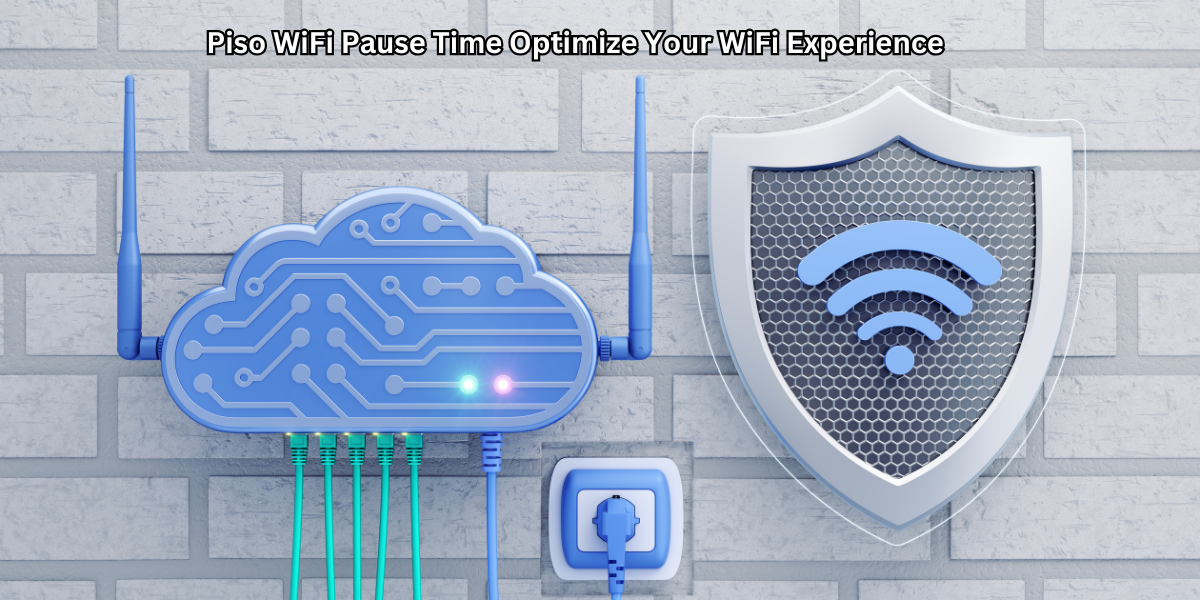When selecting data protection solutions, it’s essential to consider features such as encryption, multi-factor authentication, and real-time threat detection. A robust system should also offer automated backups, secure data storage, and comprehensive access controls to protect sensitive information. Scalability is another crucial factor, allowing the solution to grow with your business needs. Additionally, the solution should comply with relevant regulations and provide detailed reporting and audit trails. A user-friendly interface and strong customer support are also essential to facilitate smooth implementation and ongoing management, ensuring the long-term protection of valuable data.
Scalability: Growing with Your Needs
As businesses scale, their data protection needs also expand. A scalable data protection solutions addresses enterprises manage growing data volumes without compromising efficiency. Whether your firm is expanding into new markets or experiencing organic growth, scalability ensures that your data protection measures can grow alongside your operations. This adaptability prevents potential bottlenecks with increased data loads, ensuring seamless security coverage. Proper scalability saves resources in the long term by avoiding the costs associated with overhauling systems and facilitates smooth transitions during growth phases. This flexibility makes scalable data protection solutions invaluable in today’s fast-paced business world.
Data Encryption: Safeguarding Your Information
Data encryption is more than just a checkbox on a compliance list; it’s the cornerstone of any robust data protection strategy. By transforming your data into ciphertext, encryption ensures that even if cybercriminals access your files, the information remains indecipherable without the appropriate decryption key. This technique is crucial as cyber threats continue to evolve, presenting new challenges for data security. Businesses must prioritize strong encryption protocols to safeguard sensitive data, like placing it in a fortified vault where only authorized users possess the keys. Emphasizing encryption protects your organization’s secrets and earns the trust of clients and stakeholders who value privacy and security.
Cross-Platform Support: Seamless Integration
With businesses relying on many software solutions, cross-platform support within data protection solutions is no longer a luxury—it’s a necessity. This ability allows different components of your infrastructure to work together without friction, ensuring comprehensive security coverage across all systems. Whether your business utilizes Mac, Windows, Linux, or various systems, adequate cross-platform support provides consistent protection. This reduces the complexity of managing security protocols across a diverse IT environment and allows for a streamlined, cohesive data protection strategy. By opting for solutions with cross-platform capabilities, you significantly enhance your organization’s operational efficiency, sparing IT teams from unnecessary hassle and ensuring all data, irrespective of origin, is adequately secured.
Automated Backups: Protecting Against Loss
Automated backups are a fundamental component of any solid data protection plan, functioning as a failsafe against data loss due to unforeseen circumstances such as hardware failure, accidental deletions, or malicious attacks. This feature provides peace of mind by ensuring that data is regularly and efficiently backed up without manual intervention. By scheduling these backups regularly, businesses can ensure their data is consistently up-to-date, allowing for fast restoration and minimal downtime if an issue arises. Automated backups guarantee the dependability and integrity of data by eliminating the possibility of human error. This automation is essential for maintaining business continuity, as it allows an organization to recover critical data quickly and effectively should a crisis occur.
User-Friendly Interface: Ease of Use and Accessibility
An intuitive interface is critical to successfully implementing a data protection solution. Complex systems can deter users from appropriately engaging with security protocols, potentially leaving your organization vulnerable to data breaches. Solutions emphasizing ease of use provide broader accessibility, enabling users at every skill level to navigate data management processes effortlessly. This encourages widespread engagement with security measures, resulting in more effective data protection practices across your entire organization. By simplifying the administration of data protection systems, user-friendly interfaces ensure everyone in your organization can easily adhere to best practices and contribute to safeguarding sensitive information.
Compliance and Regulatory Adherence
In a world where data privacy regulations are continually tightening, adhering to established industry standards is vital. Effective data protection solutions incorporate compliance features that assist organizations in meeting regulations such as GDPR or HIPAA. These tools help prevent costly penalties that arise from non-compliance while demonstrating to clients and regulatory bodies that your business takes data protection seriously. Adopting compliance-forward solutions can also enhance your organization’s reputation, fostering trust with clients who value security and privacy. Maintaining compliance is more than fulfilling legal obligations; it demonstrates a commitment to best practices and customer data protection.
Real-Time Monitoring and Alerts
Real-time monitoring is an indispensable feature of modern data protection solutions. These systems constantly oversee data activities, promptly alerting administrators to anomalies that might indicate security threats. This capability allows for rapid response to potential breaches, minimizing data loss and safeguarding sensitive information. Customizable alert systems help notify the appropriate team members of specific issues, enabling immediate action. Real-time monitoring allows organizations to deter threats proactively, maintaining data security and integrity by maintaining vigilant surveillance over your data infrastructure.
Comprehensive Reporting and Analytics
Comprehensive reporting and analytics are critical in evaluating and enhancing data protection practices. Detailed reports provide insight into the effectiveness of current security measures, allowing organizations to identify vulnerabilities and optimize strategies accordingly. Data analytics can reveal patterns and predict potential weaknesses, enabling proactive rather than reactive protection measures. With these insights, businesses can refine their approach to data security, ensuring assets are well-guarded against emerging threats. Explore the impact of data analytics on security by reading more about the role of data analytics in enhancing security. With this information, businesses can take strategic steps to improve their data protection efforts, ensuring long-term security and resilience



